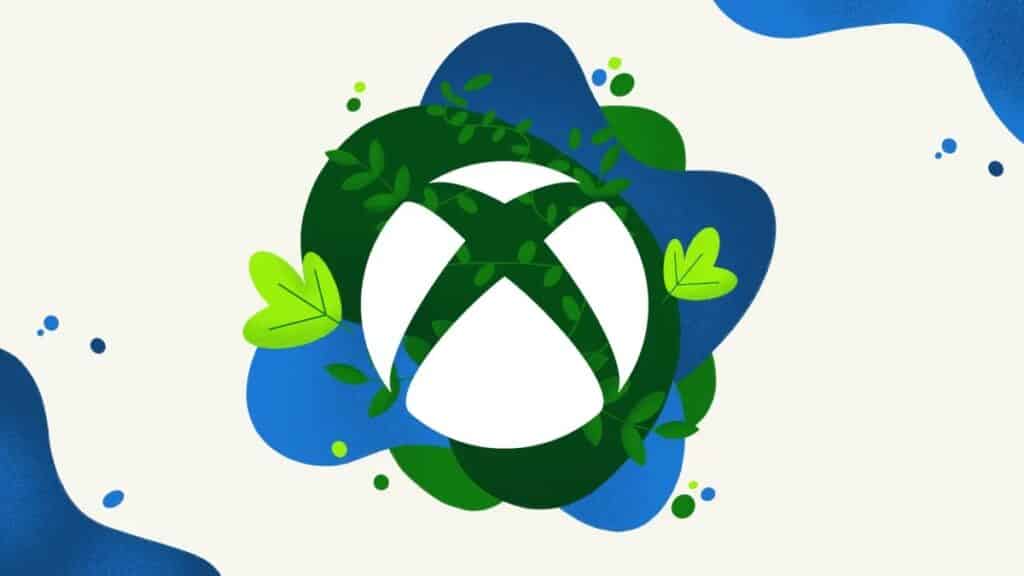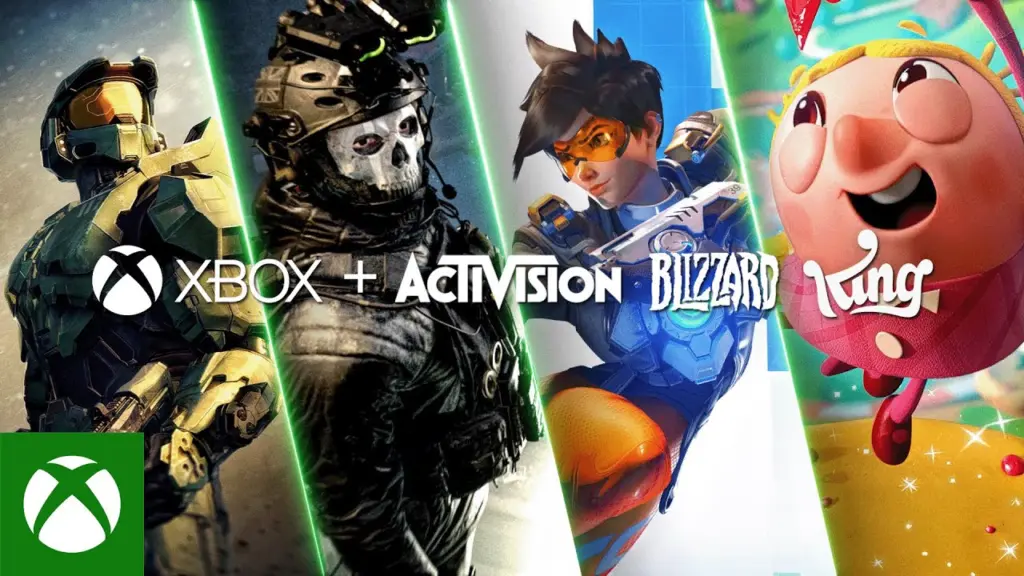The UK’s Competition and Markets Authority or CMA has now posted the opinions of six development studios on the proposed Microsoft Activision deal.
According to the post, all six studios agree that the deal should just go ahead. Only one of the six were named, which was 4J Studios. It is a Scottish developer who made the console versions of Minecraft.
4J Studios Chairman and Co-founder Chris van der Kuyl did note that they had worked as a partner of Microsoft and Mojang before it got acquired by Microsoft.
“During that period, which lasted several years, Microsoft has honored every element of the agreements that they inherited and also extended our relationship significantly to cover new formats, like Nintendo Switch, as well as many other content enhancements,” van der Kuyl stated.
Another studio that has remained anonymous has also shared a statement. “We believe that consumers’ tastes and preferences in the video game space cut across a broad array of games and a wide variety of genres and platforms.
“As such, we do not believe that any title can be considered a ‘must have’ in the interactive entertainment market. In the context of this dynamic, and considering Microsoft’s stated commitment to make certain games available on all platforms, we do not believe the proposed transaction will negatively impact consumers.”
The third one comes from a CEO of an indie developer. They claim that their studio has worked with most of the top game publishers including Sony, Microsoft, and Activision. They claim that Microsoft has always honored its contracts and obligations in the 25 years they have dealt with the company.
The fourth response comes from a developer and publisher of AAA titles who have distributed on all major consoles. They stated that it is hard to predict the exact effects of the acquisition due to the complexity of the situation.
“We do not, however, expect any significant impact of the merger on our company nor distribution of our own products,” the developer said. “In particular, we do not expect the Merger to pose any risks to the distribution of our own games on Xbox or other consoles.”
The fifth response claims to have released games on various platforms. They claim that they have found their sales on PlayStation have now grown stagnant with each release.
“This is mainly due to the fact that, despite PlayStation having the lion’s share of player numbers and console sales, that share is mainly provided to larger titles from huge publishing labels, and/or developers and publishers who are willing to spend lots of money on paid marketing within the PlayStation console.
“On Xbox, the opposite has come true over the last several years. There are numerous means of players finding your game on Xbox, including in special sections on the store, and through the Xbox Game Pass service.
“As a result, we’ve found that, despite Xbox having much smaller player numbers and console sales than PlayStation, our games sell just as well on Xbox, since more players are finding our games there.”
The responder claims that the acquisition will not suddenly make Xbox the dominant platform. Instead, it might even help to create a more equal playing field between Xbox and PlayStation. They want PlayStation to have better competition, to force it to improve its “game”, which this acquisition will help a lot.
The sixth response says that the arguments against this acquisition are just exaggerated and out of proportion.
“We are worried that actual real competition and more innovative consumer friendly initiatives could be potentially hindered by blocking this, by potential market leaders/competitors, who might not be ready or might believe in a different strategy, or just not compelled to change their status quo on the market.”






